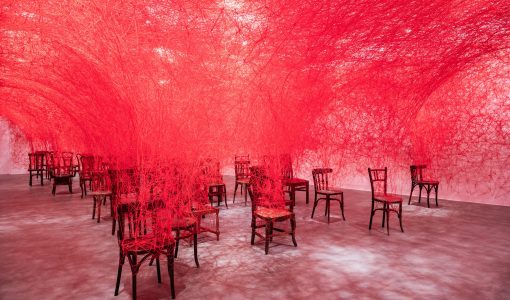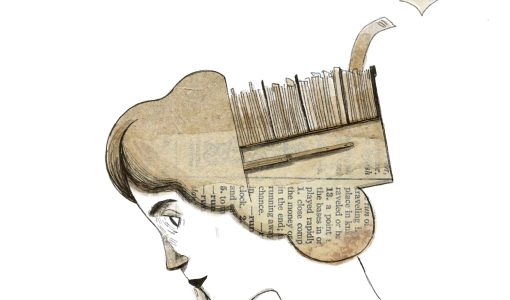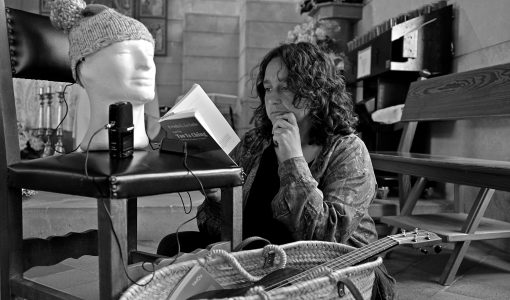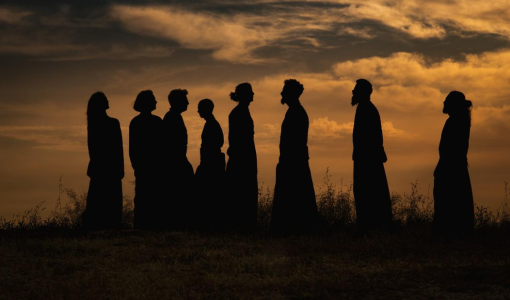
Contemporary Arab Representations. Beirut / Lebanon
Home
›
Exhibitions
›
Contemporary Arab Representations. Beirut / Lebanon
Contemporary Arab Representations is a long-term project which includes seminars, presentations of works by different authors -visual artists, architects, writers and poets-, performances and publications, with the aim of encouraging production, circulation and exchange between the different cultural centres of the Arab world and the rest of the world.
The project thus aims to tackle heterogeneous situations and contexts which may sometimes be antagonistic or conflictive, to acquire more specific knowledge of what is going on in certain parts of the Arab world at present, to look at the complex dimensions of aesthetics in relation to social and political situations, and to help to think more deeply about the role played today by cultural practices in our own countries.
At present, Lebanon and the Middle East are essential to an understanding of contemporary culture; the post-war situation they are living through is complex -the Ta’if Accords do not guarantee a definitive peace- and in these times of globalisation, the country may seem an exceptionally important laboratory for a number of reasons. Although Lebanon cannot function now as a “model” or “exception” within the Arab world, the concern of many Lebanese intellectuals -immediately after the war- with the development and promotion of an experimental, critical contemporary Arab culture is sufficient reason to single out a group of authors who feel the need to meet and discuss a medium-term cultural project in their own city and their own context.
All those taking part in the project aim to propose representations which can face up to the reality of the city and the present conditions of its society. And they all realise that there are no theories, no forms that can be up to the phenomenological complexity of contemporary Beirut and Lebanon. And so, as Saree Makdisi writes in his article “Laying Claim to Beirut: Urban Narrative and Spatial Identity in the Age of Solidere”, Lebanon can be understood not only as a post-modern state but as the first example of one on a leaseback, permanently conditioned by the play of external political and economic forces. Indeed, the interest of the country or the zone also has to do with the need to find new instruments for analysing unprecedented dynamics, speeds and configurations whose echoes can be heard beyond the Middle East.
Contemporary Arab Representations. Beirut / Lebanon includes a selection of video works.
Dates
03.05.2002 – 14.07.2002
Director of the project
Catherine David.
Curator
Nuria Enguita Mayo.
Artists
Naji Assi, Tony Chakar, Elias Khoury, Rabih Mroué, Paola Yacoub and Michel Lasserre, Walid Raad, Marwan Rechmaoui, Walid Sadek, Jalal Toufic.
Organised by
Fundació Antoni Tàpies, Barcelona in association with Witte de With, center for contemporary art, Rotterdam; Universidad Internacional de Andalucía (UNIA), Seville; Arteleku, San Sebastián and Akademie Schloss Solitude, Stuttgart.
Touring
3/5/2002 – 14/7/2002, Fundació Antoni Tàpies, Barcelona.
15/9/2002 – 24/11/2002, Witte de With, center for contemporary art, Rotterdam.
9/2/2003 – 21/4/2003, BildMuseet, Umeå.














